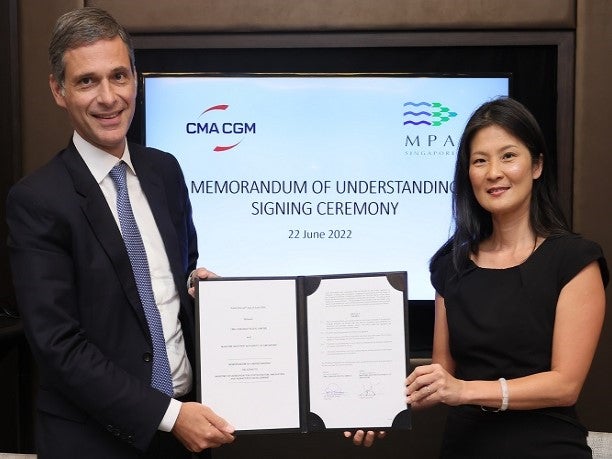At the spring meetings of the International Maritime Organization (IMO), we prepared international regulation, standardisation and guidelines. Global regulation ensures that ships, their systems and responsibilities are subject to the same requirements everywhere. By promoting digitalisation and automation, Finland strives for efficiency, safety and sustainability. In this way, we promote sustainable business and service development.
Automation can be used in shipping to improve the wellbeing and occupational safety of crew, among other things. Partial automation or remote performance of lookout tasks would allow for more flexible resting periods. The most dangerous work situations can be reduced, for example, by means of autonomous rescue vessels or remote pilotage.
Finland supports global electronic data exchange
At the meeting of the Facilitation Committee (FAL) in May, amendments were adopted, which require public authorities to have a system for the electronic transmission of the data required during a port call, to ensure that information only needs to be submitted once. In addition, rules on health safety were adopted based on lessons learned from the pandemic. The amendments are due to enter into force on 1 January 2024.
The Committee also decided to extend the IMO Compendium with five new data sets on ship reporting systems, ship and company certificates and port state control inspections. The Committee decided to prioritise passenger data and the electronic or ocean bill of lading in its continued drafting. The bill of lading is a key document for merchant shipping and logistics chains. Finland supports the maintenance of the Compendium in 2023.
The harmonisation of data aims at interoperability of systems. By providing the information in digital format through interfaces only once, we enhance the exchange of information and transports. The main benefits are achieved at system level, so the exchange of port information and reporting formalities are an important part of the work of the IMO. By utilising data, consignments can be optimised, for example, by sharing route, time and cargo information, as well as by using AI-based applications.
Roadmap for automation guidelines and regulation
The IMO’s Maritime Safety Committee (MSC) has decided to prepare guidelines on maritime automation in accordance with a common roadmap with the ultimate goal of binding legislation. The guidelines will initially cover cargo ships and will subsequently be assessed for application to passenger ships. Finland supports technology neutrality, that is, a balanced approach to the use of different technologies, in the preparation of regulation.
The roadmap contains not only the key themes identified in the inventory of regulatory barriers, but also possible new themes. In our opinion, these themes should include artificial intelligence, cybersecurity and other principles enabling trust in automation.
The aim is for the guidelines to support the preparation of binding regulations on automation. Application developers must design their systems in such a way that they can be approved for use as reliable and the authority can verify that they are compliant and safe. Simulation and experiments are key tools in this work. The authorities, for their part, develop risk assessment, which requires that they receive sufficient information about, for example, automation experiments. Cooperation between business and public authorities is very important.
The Maritime Safety Committee’s automation roadmap supports Finland’s view on the progress of automation. It is not yet time to decide whether a vessel can be completely unmanned. First, solutions and equipment that support safe decision-making must be made available. Drawing the line between what new legislation is needed and what existing legislation is applicable is still ongoing. We need a debate on what a Maritime Autonomous Surface Ship (MASS) is from the point of view of IMO legislation.
The work of the Maritime Safety Committee will continue in the correspondence group, in which we need the views of industry and other authorities on the needs and objectives of the guidelines. The most challenging issues will be dealt with in cooperation by the Maritime Safety Committee, the Facilitation Committee and the Legal Committee (LEG), as the cross-cutting issues concern conventions for which they are all responsible. Important issues are related, for example, to the roles and responsibilities of the shipmaster, crew and other stakeholders, starting with the question of whether a vessel may be controlled from outside the vessel. In Finland legislation already allows, for example, remote maintenance.
Possible national introduction before international regulation
The guidelines may be used in national waters, where applicable, even before the entry into force of binding international legislation. We are currently carrying out a preliminary study of the needs and possibilities for amending national legislation if necessary. Opportunities could be offered in the coming years by, for example, an autonomous tug, a cable ferry, a taxi boat, remote pilotage or a road ferry on which experiments have already been carried out. Finnish expertise is also of a high standard in port automation.
Nationally, work will continue in the direction indicated by the resolution on promoting automation in the transport sector, which includes the maritime sector. We warmly welcome all interested parties to participate in the development work.

